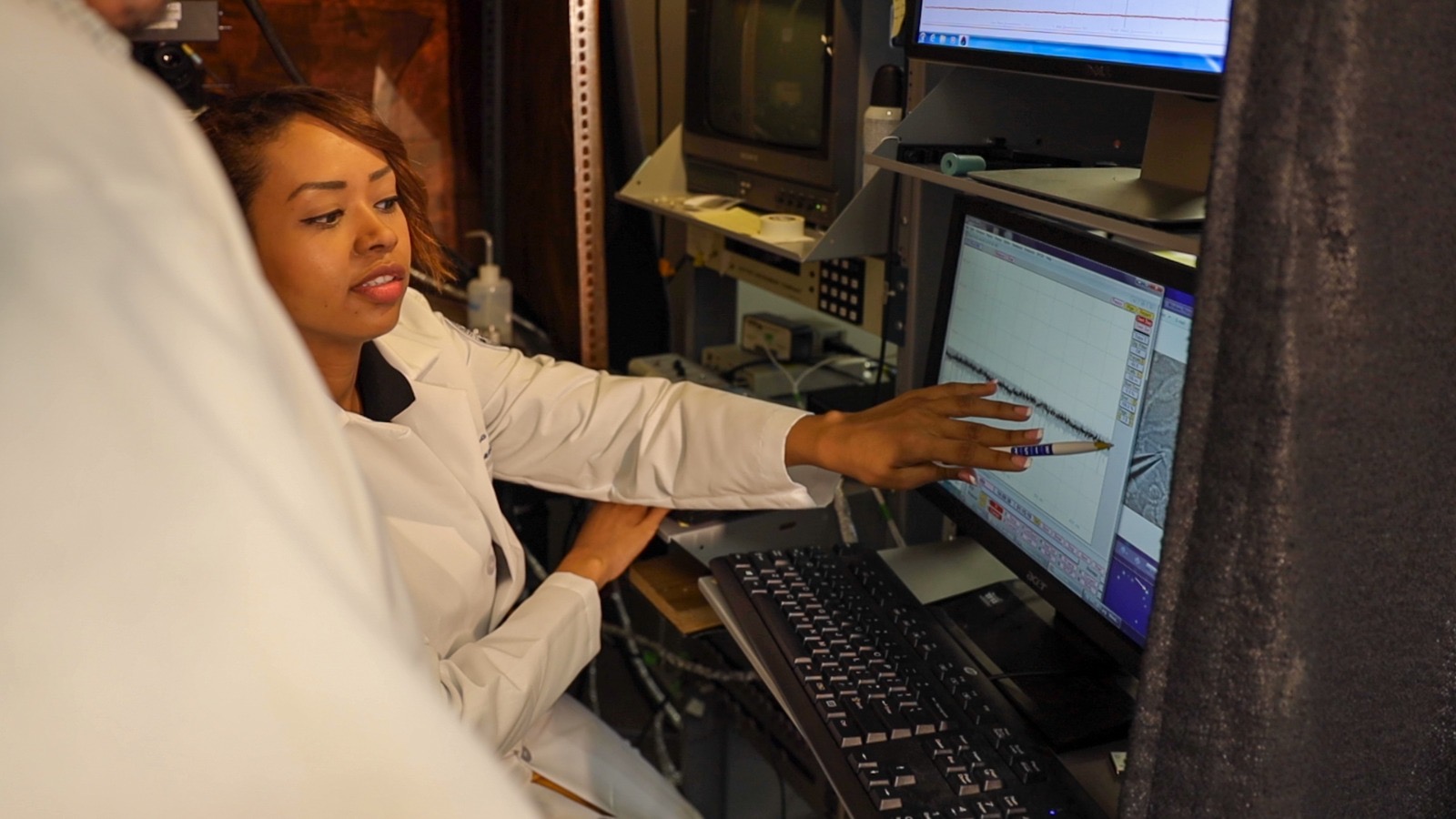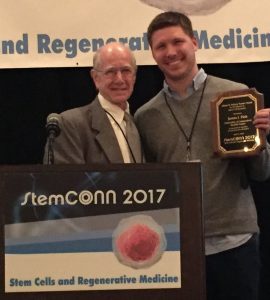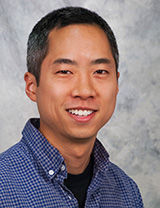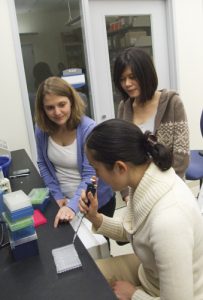Spotlight on great work by Tiwanna, @marwababiker2, and @graymatterhorn presented at the 2022 SfN meeting in San Diego.
Spectrum news article
Graduate student Marwa Elamin wins Lepow award

Congratulations to Marwa Elamin, a 4th year graduate student working in Dr. Eric Levine’s laboratory, was announced as the winner of the 2020 Lepow award at the recent Graduate Student Research Day. This award, established in 1986 in honor of Dr. Irwin H. Lepow, a well-known faculty member, researcher and founding father of UConn Health, is given to the outstanding fourth-year student in the Biomedical Science Ph.D. Program. Marwa’s research uses human stem cell models to study the neurodevelopmental disorder Dup15q syndrome. Marwa is also the recipient of a graduate Fellowship from the Faculty for the Future program.
James Fink receives Milton B. Wallack Trainee Award
 James Fink, 4th year Ph.D. student in the Levine lab, was selected as the recipient of the Milton B. Wallack Trainee Award at the StemConn 2017 meeting. This award honors excellence in research conducted by a graduate student trainee through a merit-based award that recognizes highly innovative and important stem cell and regenerative medicine research. The award is presented in honor of Dr. Milton Wallack, the founder of the CT Stem Cell Coalition, a longtime member of the CT Stem Cell Research Advisory Committee (SCRAC), and an ardent champion for stem cell research in Connecticut. As the awardee, James gave a podium talk describing his research using a human stem cell model of Angelman syndrome.
James Fink, 4th year Ph.D. student in the Levine lab, was selected as the recipient of the Milton B. Wallack Trainee Award at the StemConn 2017 meeting. This award honors excellence in research conducted by a graduate student trainee through a merit-based award that recognizes highly innovative and important stem cell and regenerative medicine research. The award is presented in honor of Dr. Milton Wallack, the founder of the CT Stem Cell Coalition, a longtime member of the CT Stem Cell Research Advisory Committee (SCRAC), and an ardent champion for stem cell research in Connecticut. As the awardee, James gave a podium talk describing his research using a human stem cell model of Angelman syndrome.
Dr. Mason Yeh Awarded Seed Grant From IBACS
 Mason Yeh, postdoctoral fellow in Eric Levine’s laboratory, was awarded a seed grant from IBACS, the Connecticut Institute for the Brain and Cognitive Sciences, for a project, entitled “Development of a 3D culture model of human cortical development”. The goal of this project is to develop a three-dimensional cell culture system for growing cerebral organoids (sometimes referred to as “mini-brains”) from human induced pluripotent stem cells (iPSCs). The long-term goal is to use this culture system to study molecular and cellular pathophysiology underlying autism and related neurodevelopmental disorders, with the hope of identifying novel targets for therapeutic intervention.
Mason Yeh, postdoctoral fellow in Eric Levine’s laboratory, was awarded a seed grant from IBACS, the Connecticut Institute for the Brain and Cognitive Sciences, for a project, entitled “Development of a 3D culture model of human cortical development”. The goal of this project is to develop a three-dimensional cell culture system for growing cerebral organoids (sometimes referred to as “mini-brains”) from human induced pluripotent stem cells (iPSCs). The long-term goal is to use this culture system to study molecular and cellular pathophysiology underlying autism and related neurodevelopmental disorders, with the hope of identifying novel targets for therapeutic intervention.
Congratulations, Dr. Yeh! For a full listing of the 2017 IBACS awardees, http://ibacs.uconn.edu/research/.
